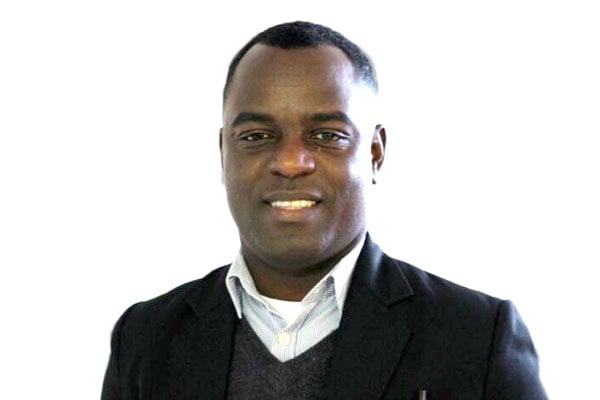Prime
No shortcuts to justice: The long road to LGBTQ equality in Uganda

Author: Dr Frank Mugisha
What you need to know:
- The leaked letter highlights two overarching concerns: firstly, the increasing number of cases brought forward under the contentious anti-gays law, and secondly, the widespread misunderstanding regarding the essential elements of these offences.
Several months after the enactment of Uganda's Anti-Homosexuality Act 2023, a notable development has emerged within the country's legal landscape. Lady Justice Jane Frances Abodo, the Director of Public Prosecutions (DPP) in Uganda, recently made headlines when a confidential letter she authored, addressed to her team of state prosecutors, came to light. In this unexpected turn of events, the chief prosecutor provided explicit guidance on the legal parameters surrounding the offences of homosexuality and aggravated homosexuality as outlined in the new law. Notably, she emphasized that any charges brought under the Anti-Homosexuality Act required her prior approval following a thorough examination of a legal opinion.
Justice Abodo invoked Section 2(5) and Section 3(5) of the AHA to remind her team that the legislation exclusively criminalizes acts where sexual conduct has occurred, clarifying, “It is important to note that the Anti-Homosexuality Act 2023, only criminalizes offences where a sexual act has been performed.”
The leaked letter highlights two overarching concerns: firstly, the increasing number of cases brought forward under the contentious anti-gays law, and secondly, the widespread misunderstanding regarding the essential elements of these offences. This misunderstanding compelled the DPP to reiterate in her letter that Section 2(5) and Section 3(5) stipulate that an individual suspected or accused of homosexuality, without engaging in a same-sex sexual act, does not meet the criteria for committing the offence of homosexuality. While the letter may provide a glimmer of hope, particularly for members of the transgender community, it is essential to underscore that it falls short in addressing the broader legal landscape. This is because the law in question often precedes numerous domestic constitutional and international human rights conventions that Uganda has ratified.
The queer community has endured profound hardships when dealing with the police, who frequently apprehend and detain individuals based on mere suspicion. These experiences have included extensive suffering, encompassing financial extortion, coerced anal examinations, blackmail and other acts of torture that are conducted under the pretext of enforcing the Anti-Homosexuality Act. Law enforcement officers have resorted to publicising the identities of individuals, whether they are confirmed members of the queer community, alleged to be, or merely suspected of being so. This exposure often fuels homophobic sentiments, compelling families, friends, and the broader community to disown and isolate these individuals.
Initiatives like the Ministry of Health's directive urging healthcare professionals to provide nondiscriminatory medical care, as we have persistently advocated, represent a commendable stride towards progress. This stance starkly contrasted with the wishes of certain anti-gay advocates and politicians who harboured desires to withhold essential necessities like quality healthcare from the queer community as punishment. In my perspective, such intentions can be perceived as an endeavour to effectively penalise the LGBTQ+ community and “kill the gays” even before the law can do so through legal means. This is inherently unfair to the lives of queer people.
These achievements, resulting from our tireless activism and human rights advocacy, have been instrumental in safeguarding the rights of sexual minorities. These notable advancements, including the recent directive from the Director of Public Prosecutions to rein overzealous state attorneys and the proactive initiatives undertaken by the Ministry of Health, can be seen as vital reforms to rectify a deeply problematic situation.
However, it is crucial to emphasize that we should not settle for mere concessions while the larger issues persist. To truly make a difference, we must unveil the true nature behind the facade of these reforms. As history has shown, in a manner reminiscent of Marxist ideology, reforms can sometimes hinder the path to true revolution. The core issue demanding our attention is this outdated law, which has no place in a modern civil society where citizens possess rights rather than being subjects beholden to archaic Victorian-era laws and their equivalents.
The author, Dr Frank Mugisha is a human rights and peace advocate. He is a petitioner against the Anti- homosexuality Act.




